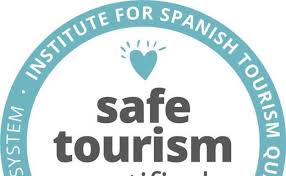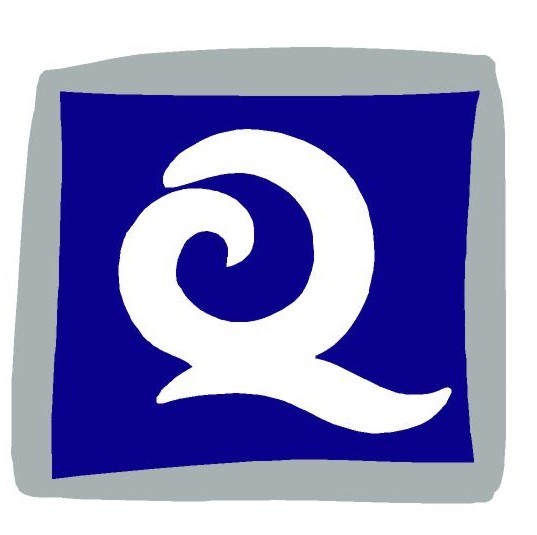- El mejor turismo de galicia
ICTE
The same entity that now promotes this seal to which companies can voluntarily adhere, is responsible for having carried out, in collaboration with other entities and Autonomous Regions, the action protocols for the different subsectors that are now defined as “specification guides”.
The Board of Directors of the Institute for Spanish Tourist Quality (ICTE), composed of the National Tourist Board, the Secretary of State for Tourism, the Autonomous Communities and the Spanish Federation of Municipalities and Provinces (FEMP) has unanimously approved the creation of an ICTE seal, Safe Tourism Certified, – a transversal tourist seal, by covering 21 sub-sectors – and to which tourism companies, organisations and resources may voluntarily opt, as a guarantee and certification mark for the implementation of the Health Risk Prevention System against COVID-19, a mark that would be achieved after having passed an audit carried out by independent companies.
Specifically, the Spanish Confederation of Hotels and Tourist Accommodation (CEHAT), the Spanish Hotel and Catering Business Confederation (CEHE), the Spanish Camping Federation (FEEC), the Association for Quality in Rural Tourism (ACTR), the Spanish Confederation of Travel Agencies (CEAV) were present, the Spanish Confederation of Bus Transport (CONFEBUS), the National Association of Spas (ANBAL), the employers of Nightlife (Noche Madrid), the National Association of Water Sports Resorts and the National Association of Active Tourism Companies (ANETA) and the Royal Spanish Golf Federation (RFEG)
The president of the ICTE, Miguel Mirones, informed that the approval and publication of the protocols of the subsectors of Spas, Travel Agencies, Camping and Holiday Cities, Catering Services, Hotels and Tourist Apartments, Hostels/Hostels, Rural Accommodation, Tourist Guides, Golf Courses, Active Tourism, Museums and Heritage Sites and Tourist Information Offices. Likewise, the rest of the protocols, which are Amusement and Leisure Parks, Nautical Activities, Protected Natural Spaces, Road Transport, Nightlife, MICE Tourism, Beaches, Singular Public Spaces and Industrial Tourism Visits, Cultural, Natural and Historical Places, are expected to be completed next week.
In this regard, the Board of Directors has unanimously approved to start the process for the internationalization of these protocols in the international normative field represented by ISO, for which, previously, they will become public technical specifications within UNE, so throughout the month of May will be the transition of these protocols first to UNE technical specifications and during the first half of June, the documents will be submitted to ISO for discussion in the various international working groups. But the ICTE goes one step further as it has also approved the creation of the ICTE seal, “Safe Tourism Certified”, which companies, organizations and tourism resources may voluntarily apply for as a guarantee and certification mark for these protocols, a mark that would be achieved after having passed an audit carried out by independent companies.
Agreements with auditing companies
In this sense, the ICTE also closed the agreements with the main auditing companies present in Spain that, homologated by the Institute, have been carrying out the audits of the Spanish Tourism Quality System, represented by the “Q” Mark and that will be the only ones recognized to audit this transversal tourism Mark, as it covers 21 subsectors and a state-wide geographical area, recognizing this seal as the one that represents the Spanish tourism sector as a whole in terms of the implementation of the Health Risk Prevention System in front of the COVID-19. The auditing companies are Adok Certificación, AENOR, APPLUS, Bureau Veritas, OCA Global, SGS and Tüv Rheinland.
In this context, all the companies will be able to have, free of charge, the protocols finally endorsed by the Ministry of Health, and after their implementation, they will be able to voluntarily opt for the certification of the implementation process of the Health Risk Prevention System against COVID-19 and obtain the “Safe Tourism Certified” seal to generate confidence in the clients and national and international tourist operators.
Mirones added that “Safe Tourism Certified wants to transmit the concept of certified safe tourism, stating in the seal itself that what is being certified is the implementation of a health risk prevention system against COVID-19”.



